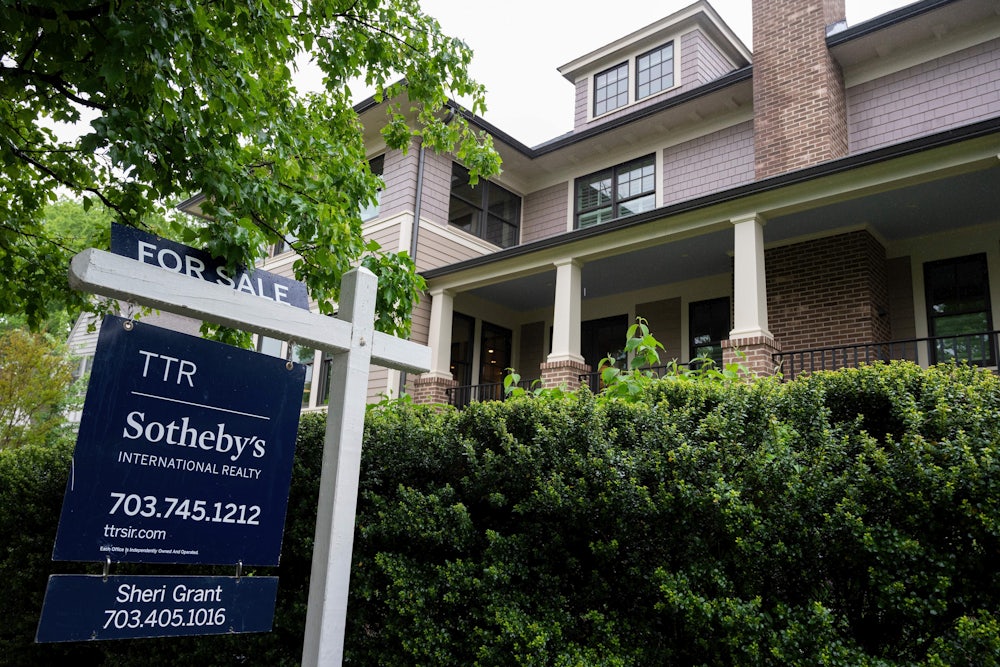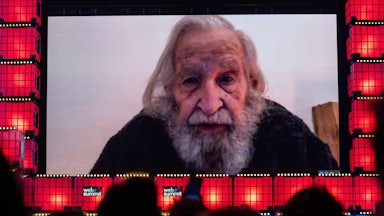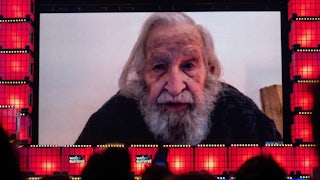“If it were possible continuously to reduce wages until zero were reached, it would be possible continuously to increase rent until it swallowed up the whole produce.”
—Henry George, Progress and Poverty, 1879
We live in an era when labor is losing ground to capital. Traditionally, labor income accounted for about 70 percent of national income and capital about 30 percent. Now they’re very nearly even, with labor’s share down to about 57 percent in the United States, according to a 2019 paper by McKinsey. Capital is gobbling up more dollars even as its taxes go down; in 2018, the Berkeley economists Emmanuel Saez and Gabriel Zucman reported in their book The Triumph of Injustice, the average effective tax rate on capital was, for the first time in U.S. history, lower than the average effective tax rate on labor.
This is a twenty-first-century phenomenon. Income inequality has been rising since the late 1970s, but the decline in labor’s share and the corresponding rise in capital’s share started about 20 years ago. Before 2000, we knew that rising income inequality was a problem, but we could comfort ourselves that this was driven by a divergence in labor income. We were not becoming a nation of coupon-clipping Bertie Woosters. We can’t tell ourselves that anymore. Since 2000, according to a May 2018 paper by Thomas Piketty, Saez, and Zucman, the main driver of income inequality has been rising capital income. We are becoming a nation of coupon-clipping Bertie Woosters.
Or perhaps I should say a nation of Basil Fawlty–style rentiers—people who earn money solely through the rising value of their property. (For these purposes, please ignore that Basil Fawlty works the front desk of the hotel he owns.) Real estate, it turns out, plays an outsize role in capital displacing labor income, accounting for fully 15 percent of the rise in its share of national income since the start of this century, according to the McKinsey report. Only wholesale and retail (looking at you, Jeff Bezos) outpaced real estate. It used to be that people owned houses. Now their houses own them.
The latest data point of interest is a recent study by Zillow of growth in the housing market in 2021. It probably doesn’t surprise you that home prices rose faster than income. Employers are in a panic because average hourly wages rose 4.7 percent in 2021, but that’s chump change compared to the 19.6 percent rise in the value of a typical house. Still, that’s an old story. What Zillow reported was new: In 2021, houses earned more money than people. In 2021 the median rise in home values was $52,667; the median wage for a full-time worker was about $50,000. As The Wall Street Journal put it: “Homes Earned More for Owners Than Their Jobs.” That’s never happened before in the U.S.
This is an appalling development. Inanimate objects should not bring home bigger paychecks than human beings. Home prices surged last year, but this displacement coincided with a labor shortage; had labor been more plentiful in 2021, houses would have outearned people by even more. Lest you think this some fluky statistic warped by grotesque housing prices in San Francisco and New York City, houses outearned humans in no fewer than 25 of the 38 major metropolitan areas Zillow surveyed. It happened in Nashville. It happened in Albuquerque. It happened in San Antonio.
It didn’t happen in Washington, D.C., where I live. Median pretax income is $75,000, but the median rise in home values here was only $56,163. But it did happen to me—my house appreciated in value by a dollar amount that exceeded my income. Happily for me, I possess both a job and a house. A lot of people can’t say the same.
Still, I can’t help resenting my house a little. Did its productivity improve? No. It just sat there on its fat ass, occupying, well, quite a bit less than one acre. There are about 36 billion acres on Planet Earth, and I own less than one-thirty-six-billionth of these. But that’s enough for my house to outperform me financially. That’s because I can be replaced. I know you would miss me terribly, dear reader (and thanks ever so much for saying so). But some other human would occupy this space on The New Republic’s website. You can’t say the same about the land where my house sits. Small though it is, it’s a piece of something that’s finite. Planet Earth isn’t going to get more acres. And that turns out to make all the difference.
Houses outearning humans is the sort of thing that would have driven Henry George to distraction. George (1839–1897) was the author of the classic economic work Progress and Poverty. George isn’t taught much in economics classes today, but he was enormously influential in his time, both in the U.S. and abroad. George Bernard Shaw, the playwright, essayist, and co-founder of the London School of Economics, attributed his becoming a socialist to hearing George give a speech in London in 1882. In 1927 John Dewey wrote, “It would require less than the fingers of the two hands to enumerate those who from Plato down rank with him.” George maintained a smaller but still influential following a century after his death. The longtime California House Speaker and San Francisco Mayor Willie Brown is a George devotee. So is the former New Republic editor Michael Kinsley.
George’s book asked how it could be that the Industrial Revolution coexisted with poverty. Why did poverty increase while wealth grew exponentially? Because, George concluded, land was owned privately. If the state taxed back the full value of land, George reasoned, then the people privileged to occupy it would not be rentiers. The only income they could derive would be through exerting themselves to make the land economically useful to others—for instance, by planting crops to bring to market.
“On the land we are born,” George wrote,
from it we live, to it we return again—children of the soil as truly as is the blade of grass or the flower of the field. Take away from man all that belongs to land, and he is but a disembodied spirit. Material progress cannot rid us of our dependence upon land; it can but add to the power of producing wealth from land; and hence, when land is monopolized, it might go on to infinity without increasing wages or improving the condition of those who have but their labor.
Now, we learn from Zillow, in only a single year you can outearn not only the paupers but the typical wage-earner merely by owning a house. Not even George could foresee that. Working has become a mug’s game.
Even George thought there was a limit to how much of a nation’s collective income real estate could plausibly swallow, displacing labor. But if there is one, we have yet to find out what it is. Barring a bust in the housing market, the trend will likely continue until workers acquire meaningful power in this economy. That’s yet one more reason to pass the Protecting the Right to Organize Act, which would remove various obstacles to labor organizing. Unfortunately, the bill, which has passed the House, won’t likely pass the Senate anytime soon.










